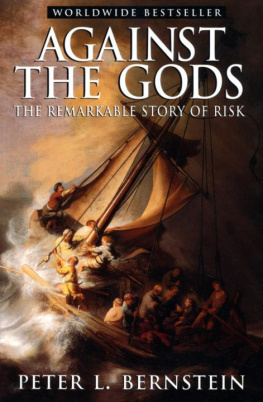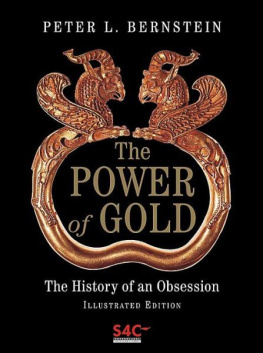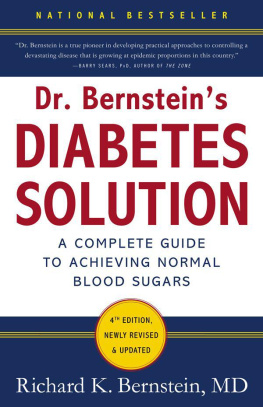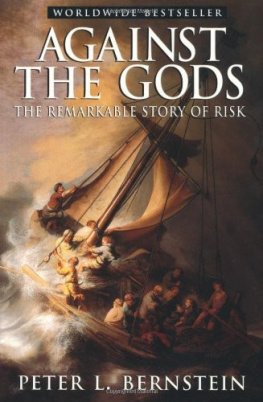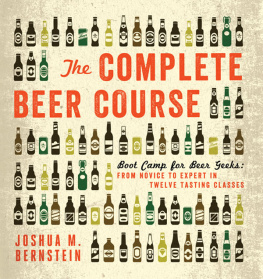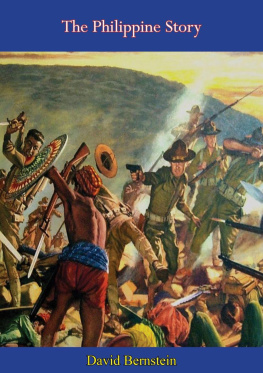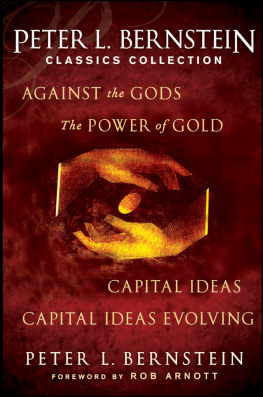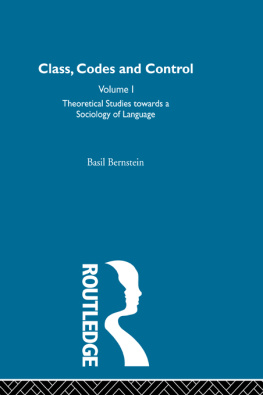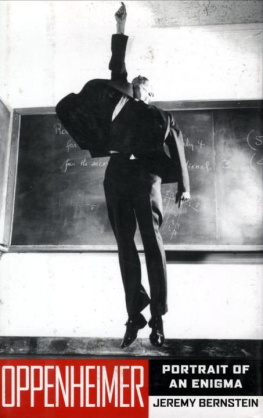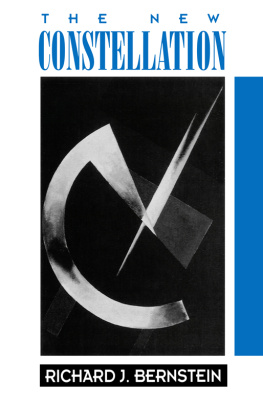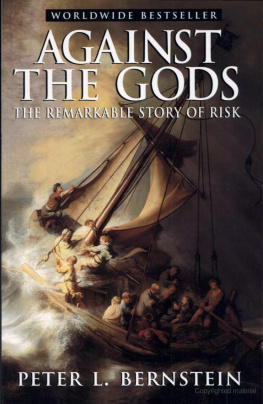Bernstein - Against the Gods
Here you can read online Bernstein - Against the Gods full text of the book (entire story) in english for free. Download pdf and epub, get meaning, cover and reviews about this ebook. year: 2011, genre: Romance novel. Description of the work, (preface) as well as reviews are available. Best literature library LitArk.com created for fans of good reading and offers a wide selection of genres:
Romance novel
Science fiction
Adventure
Detective
Science
History
Home and family
Prose
Art
Politics
Computer
Non-fiction
Religion
Business
Children
Humor
Choose a favorite category and find really read worthwhile books. Enjoy immersion in the world of imagination, feel the emotions of the characters or learn something new for yourself, make an fascinating discovery.
- Book:Against the Gods
- Author:
- Genre:
- Year:2011
- Rating:3 / 5
- Favourites:Add to favourites
- Your mark:
- 60
- 1
- 2
- 3
- 4
- 5
Against the Gods: summary, description and annotation
We offer to read an annotation, description, summary or preface (depends on what the author of the book "Against the Gods" wrote himself). If you haven't found the necessary information about the book — write in the comments, we will try to find it.
Bernstein: author's other books
Who wrote Against the Gods? Find out the surname, the name of the author of the book and a list of all author's works by series.
Against the Gods — read online for free the complete book (whole text) full work
Below is the text of the book, divided by pages. System saving the place of the last page read, allows you to conveniently read the book "Against the Gods" online for free, without having to search again every time where you left off. Put a bookmark, and you can go to the page where you finished reading at any time.
Font size:
Interval:
Bookmark:






THE REMARKABLE STORY OF RISK
PETER L. BERNSTEIN

For
Peter Brodsky

ix
TO 1200: BEGINNINGS
1200-1700: A THOUSAND OUTSTANDING FACTS
1700-1900: MEASUREMENT UNLIMITED
1900-1960: CLOUDS OF VAGUENESS AND THE DEMAND FOR PRECISION
DEGREES OF BELIEF: EXPLORING UNCERTAINTY

The suggestion that I write a book about risk came from the late Erwin Glickes, then president of The Free Press. Erwin was a man who projected copious amounts of power, persuasiveness, and charm. Although he considered my long experience as a professional investor to be sufficient qualification for the task he had in mind, I soon discovered, as I had feared, that risk does not begin and end on the floor of the New York Stock Exchange.
The vastness of the subject matter is daunting. Risk touches on the most profound aspects of psychology, mathematics, statistics, and history. The literature is monumental, and each day's headlines bring many new items of interest. Consequently, I have had to be selective. I believe, however, that the omission of any important material was the result of a decision on my part rather than an act of oversight.
For this project, I have been far more dependent on other people than I had been in my earlier forays into writing books. Old friends as well as many complete strangers from a wide variety of disciplines have provided invaluable assistance combined with criticisms and creative suggestions. In this case, increasing the number of cooks was a clear benefit. My gratitude to them is boundless. There would have been no book at all without them.
Convention dictates that expressions of appreciation to spouses and editors should come at the end of the list of acknowledgments, but on this occasion I choose to mention my wife and my editor first. That is where they belong.
Barbara, my wife as well as my business partner, provided countless creative ideas, conceptual contributions, and positive criticisms, all of them essential to the task; there is barely a page that does not reflect her influence. In addition, her success in arranging our lives to accommodate this whole project made all the difference between progress and chaos.
Myles Thompson of John Wiley has been critically important to the project. I have been privileged to have his expert editorial suggestions, to enjoy his enthusiastic leadership, and to benefit from his professional management. Myles's colleagues at Wiley have cooperated with me in every way possible from start to finish. Everett Sims's copyediting helped me to make sense where there was confusion, while his masterful use of the scalpel exorcised a great deal of fluff in the manuscript without harm to the content below.
A few people rendered assistance far beyond the call of duty. I owe a special debt to Peter Dougherty for his countless inestimable comments and suggestions. Mark Kritzman was a tireless pilot through the shoals of mathematical and statistical treatments. Richard Rogalski and his associates at the Baker Library at Dartmouth saved me untold hours by making their facilities available to me at long distance; Rich's good humor and eagerness to help added to the joy of having his generous assistance. Martin Leibowitz bestowed a gift of immensely valuable material that has enriched the content of the book. Richard and Edith Sylla were indefatigable investigators at points where the going was the roughest. Stanley Kogelman furnished me with a priceless tutorial in probability analysis. Leora Klapper served as an ideal research assistant: indefatigable, enthusiastic, thorough, and prompt.
Molly Baker, Peter Brodsky, Robert Ferguson, Richard Geist, and William Lee were good enough to read segments of early versions of the manuscript. They gave me the running start I needed in order to transform rough drafts into a finished material.
The following people also made significant contributions to my work and warrant my deepest appreciation: Kenneth Arrow, Gilbert Bassett, William Baumol, Zalmon Bernstein, Doris Bullard, Paul Davidson, Donald Dewey, David Durand, Barbara Fotinatos, James Fraser, Greg Hayt, Roger Hertog, Victor Howe, Bertrand Jacquillat, Daniel Kahneman, Mary Kentouris, Mario Laserna, Dean LeBaron, Michelle Lee, Harry Markowitz, Morton Meyers, James Norris, Todd Petzel, Paul Samuelson, Robert Shiller, Charles Smithson, Robert and Marina von N. Whitman.
Eight people generously undertook to read the manuscript in its entirety and to give me the benefit of their expert criticisms and suggestions. Each of them, in his own way, deserves major credit for the quality of the content and style of the book, without bearing any responsibility for the shortcomings it contains. Here they are: Theodore Aronson, Peter Brodsky, Jay Eliasberg, Robert Heilbroner, Peter Kinder, Charles Kindleberger, Mark Kritzman, and Stephen Stigler.
I end with a note of thanks to my late parents, Allen M. Bernstein and Irma L. Davis, who inspired much of the enthusiasm that went into the creation of this book.
PETER L. BERNSTEIN
AGAINST THE GODS

 hat is it that distinguishes the thousands of years of history from what we think of as modern times? The answer goes way beyond the progress of science, technology, capitalism, and democracy.
hat is it that distinguishes the thousands of years of history from what we think of as modern times? The answer goes way beyond the progress of science, technology, capitalism, and democracy.
The distant past was studded with brilliant scientists, mathematicians, inventors, technologists, and political philosophers. Hundreds of years before the birth of Christ, the skies had been mapped, the great library of Alexandria built, and Euclid's geometry taught. Demand for technological innovation in warfare was as insatiable then as it is today. Coal, oil, iron, and copper have been at the service of human beings for millennia, and travel and communication mark the very beginnings of recorded civilization.
The revolutionary idea that defines the boundary between modern times and the past is the mastery of risk: the notion that the future is more than a whim of the gods and that men and women are not passive before nature. Until human beings discovered a way across that boundary, the future was a mirror of the past or the murky domain of oracles and soothsayers who held a monopoly over knowledge of anticipated events.
This book tells the story of a group of thinkers whose remarkable vision revealed how to put the future at the service of the present. By showing the world how to understand risk, measure it, and weigh its consequences, they converted risk-taking into one of the prime catalysts that drives modem Western society. Like Prometheus, they defied the gods and probed the darkness in search of the light that converted the future from an enemy into an opportunity. The transformation in attitudes toward risk management unleashed by their achievements has channeled the human passion for games and wagering into economic growth, improved quality of life, and technological progress.
Font size:
Interval:
Bookmark:
Similar books «Against the Gods»
Look at similar books to Against the Gods. We have selected literature similar in name and meaning in the hope of providing readers with more options to find new, interesting, not yet read works.
Discussion, reviews of the book Against the Gods and just readers' own opinions. Leave your comments, write what you think about the work, its meaning or the main characters. Specify what exactly you liked and what you didn't like, and why you think so.

